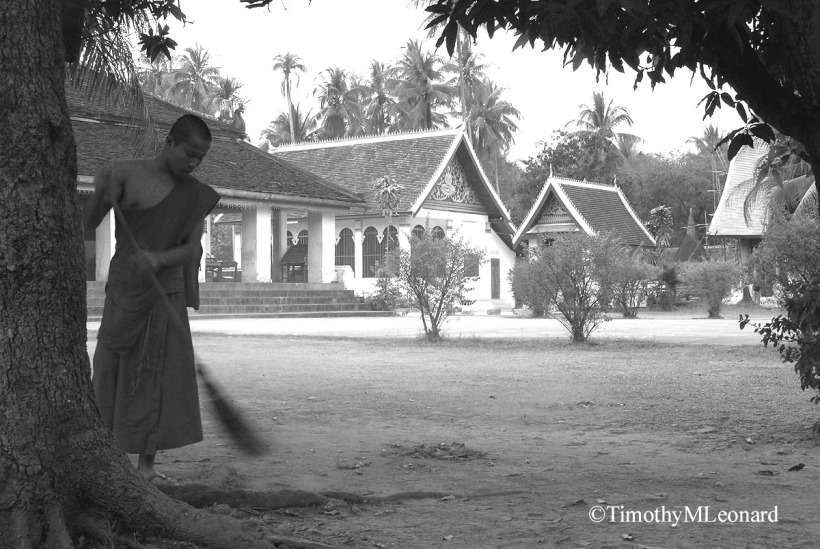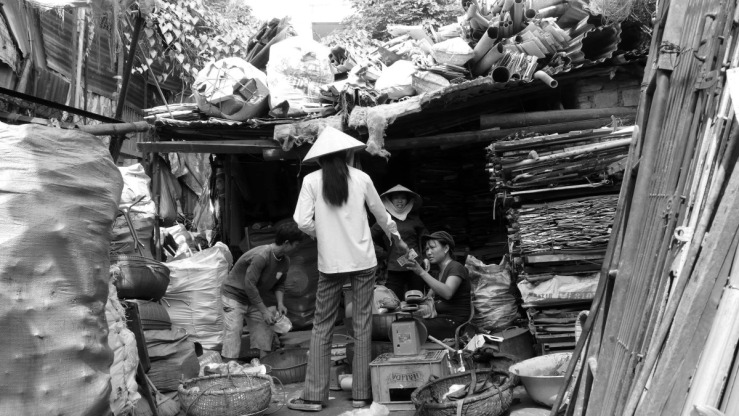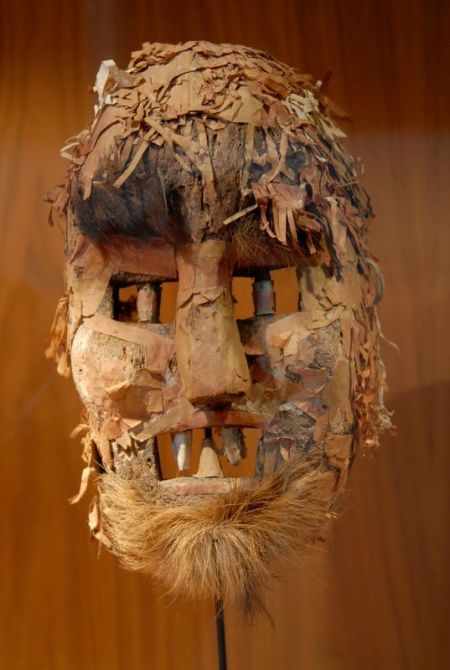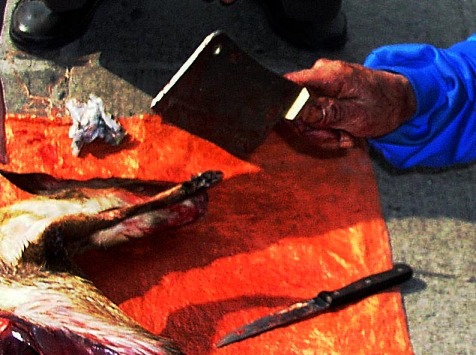Transformation
Late one afternoon I helped Omar climb hundreds of stone steps to reach the entrance of Cueva De La Pileta (Cave of the Pool) south of Benaojan near Rhonda. We bowed through a small entrance arch to enter a small cave.
John, the grandson of Jose Bullon who discovered Pileta in 1905 after seeing bats flying from the mountain handed me a hissing yellow gas lamp.
In his mid 30’s, slender with dark hair and eyes, multi-lingual and friendly, John was the last member of his family guiding visitors.
“My brothers moved to Madrid, my sister to Seville and I live with my mother down in the valley.”
His grandfather, needing bat guano to fertilize tobacco fields, dug around the mountain entrance called the abyss of the bats. He roped in and descended. He discovered human remains and numerous red and black Paleolithic paintings.
In 1911 Colonel Willoughby Verner, a British author and ornithologist entered the cave. He published his discovery describing the cave and paintings in the London based Saturday Review.
Henri Breuil, a French archaeologist, anthropologist, ethnologist and geologist joined him for two months to study and draw the cave paintings.
Breuil interpreted the paintings as hunting magic to increase the abundance of prey.
It’s exhilarating and surreal to be here now.
I held Omar’s hand as we entered a gigantic cavern. We slowed on wet slippery passages.
We shifted from external modern civilization into ancient internal worlds. It was a massive dark mysterious space.
The labyrinth of caves extended deep inside the mountain. The path followed slippery rough stone stairs and muddy rocky floors. One huge chamber led to another.
Forests of calcium stalactites and stalagmites loomed in light. John paused near columns of living art formed by dripping water. Natural art creates art.
“Here, listen to this,” he said, cupping his hands and tapping on a carbonated lime spike, 2-3 feet in circumference, rising from the floor into darkness.
Heavy thudding echoes reverberated. My hands played 30,000-year-old intonations. Be the drum. The cave was a magnificent chamber of natural sound echoing through deep dark space.
Lanterns played yellow light/shadows everywhere. Each step returned us to a primal condition.
There is no I, self or ego.
I am a primitive essence.
I have no identity. No past. No future.
I am pure consciousness.
Every cell is alive and firing.
My body vibrates.
I am complete and empty where light and dark meet.
Singularity. Pure sensation.
I am stone and water.
Three humans in flickering light are small.
I burn in an ancient space where knowing and unknowing meet. Wisdom meets wisdom.
Awareness is all.
I am a wild still present.
We explored deeper chambers. John pointed to a rough beige wall. Our golden lights illuminated horses, deer and a fish inside a seal.
Rough, broken black comb-like marks slashed stonewalls. There were fish traps and bison. An archer with a bow and arrow stood silent. The hunter. Prey.
They were stone stories by hunter-gatherers, clans, tribes and families before chiefdoms and city-states, empires and countries.
Stories said I was here. I am.
“They sealed some images using animal fat. If you look close you can see their fingerprints on the pictures,” said John.
Human whorls edged where a finger pressed fat on stone. Magic images danced in the light. I was in a reality/dream of beauty and mystery beyond space and time.
The power and magic is art here now.
Grounded.
Immediate.
Direct experience.
I focused on minute black lines. The outline of a horse had thick black lines on her belly. She looked pregnant. Paired red slashes, perhaps signifying blood, marked her flanks.
Deeper in caves were sixteen more black comb-like drawings.
“They may represent the passage of time or a number,” said John. Heavy vertical black lines had smaller descending lines slanting and curving at right angles.
In 1911 a group of scientists hypothesized the paintings dated 25,000 years to the Middle Paleolithic. This was confirmed by carbon 14-dating in 1985.
“We know there are human remains below us,” said John, pointing at a dark diversion. “The remains down there are off limits. We don’t know who they are yet. Only trained archeologists from the university are allowed down there with special climbing equipment. They visit twice a year for research.”
“May I see?”
“Of course, just be careful near the edge.”
If you’re not living on the edge you’re taking up too much space.
I felt my way over slippery stones and peered down. My lantern was too weak to penetrate infinity. Two rusty supports extended down. It was pitch black, cold, deep.
Dripping water in the caverns formed clear pools. The calcium rich liquid was cold and refreshing. We drank deep.
“It’s delicious,” said Omar.
Ripples from falling drops formed perfect circles on a surface. A single echo pinged infinite space. Plop. Plop. Plop.
Squadrons of bats zoomed over us. They lived in places we would not enter. Invisible wing music diminished toward twilight exits.
I felt the ancient connection with people dancing around fires, playing music, creating art, exploring language, cognitive ability and symbolic thought.
Where shamans retreated deep into caves, entered a trance state and painted images of their vision to draw power from the cave walls.
Where hunter-gatherers lived and died, laughed, cried, painted dream/reality images and told creation stories. Stories of people shared stories in Old Mountain’s story-truth.
We retraced our steps. Below night sky were black rugged mountains and billions of burning stars.
Down in a narrow valley lights glowed in windows.
I was now new and raw with pure senses.
From the cave womb I was reborn with clarity and peaceful mindfulness.
Transformed I danced forever.
*
“Thinking neither good nor evil, what was your original nature before your parents were born?” - Zen master
ART - Adventure, Risk, Transformation - A Memoir







 Share Article
Share Article 







